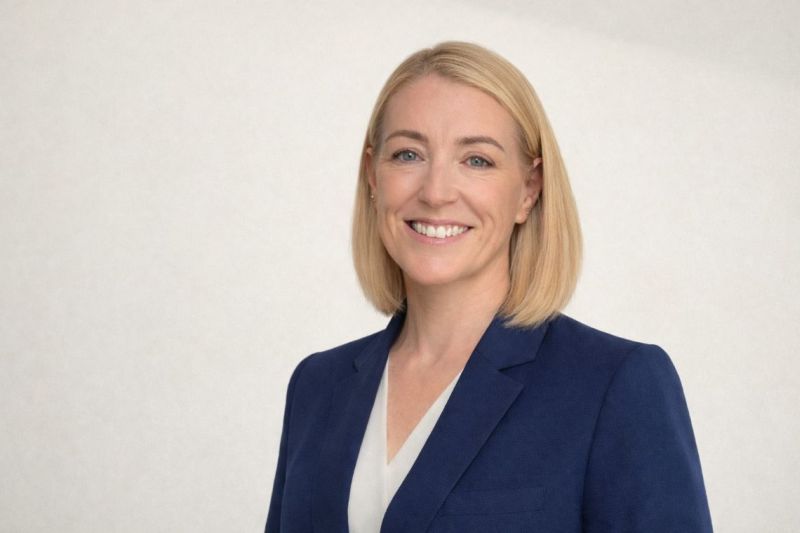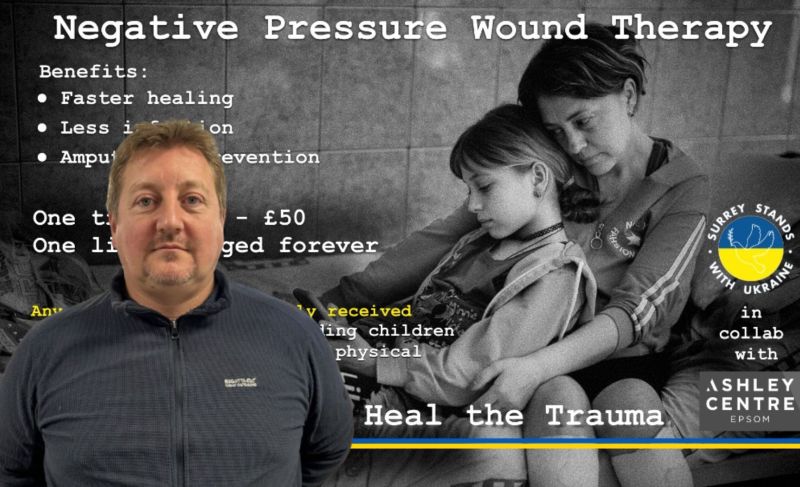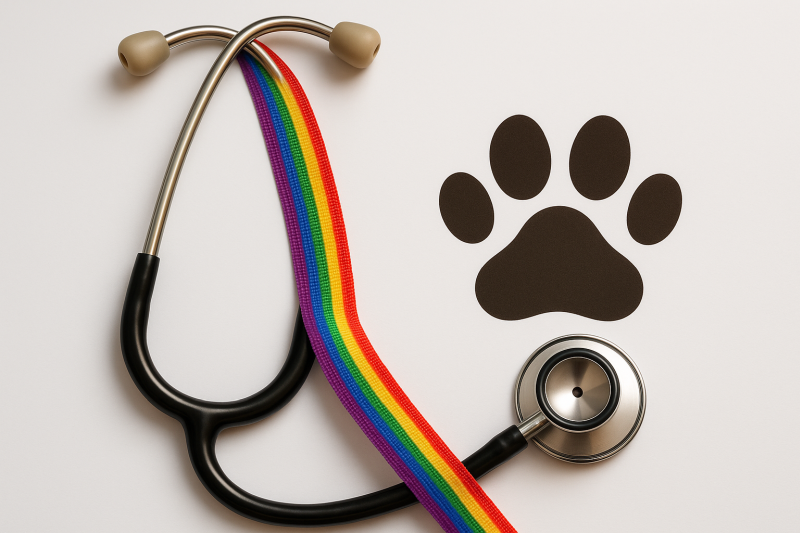Surrey Uni finds gay vets face discrimination
A new study from the University of Surrey and the Royal Veterinary College has highlighted the ongoing presence of discrimination and its impact on lesbian, gay, bisexual, transgender, and other (LGBT+) veterinary professionals and students in the UK.
The research, published in Vet Record, analysed 130 survey responses and found that over half (55.4%) of the participants had either experienced or witnessed some form of discrimination, ranging from microaggressions to outright threats of violence. This number highlights a concerning problem for LGBT+ veterinary professionals and students and a call to action for profession to collectively work to ensure everyone can work free from discriminatory behaviour.
The findings also reported that over half of the participants were not fully “out” to everyone at their workplace or place of study underlining that not all LGBT+ veterinary professionals and students feel safe or welcome to share who they are at work or study. However, in contrast, the positive findings from the study were that those who were “out” were more likely to report feeling supported at work and by the wider veterinary community.
Participants also cited a fear of negative repercussions on their career progression and educational attainment as a reason for not disclosing their identity. The study notes that such fear can lead to stress, anxiety and a sense of disconnection from colleagues.
Dr Charlotte S. McCarroll, Associate Head of School (Education) at the School of Veterinary Medicine at the University of Surrey, said:
“For our LGBT+ family, friends and colleagues, discrimination remains a pressing issue within the UK veterinary profession. More needs to be done by our institutions for these individuals to feel supported, including increasing and promoting support networks, improving education and training on anti-discrimination laws, and firmly promoting equality, diversity and inclusion initiatives.”
Dr Mat Hennessey, post-doctoral researcher in veterinary social science at the Royal Veterinary College, said:
“The findings of our study highlight the ongoing work which needs to occur, both in places of work and education, to foster inclusive environments which are supportive of all people. Creating such environments, where people can be their authentic selves without fear of discrimination, is a team effort requiring both institutional support for EDI initiatives and active engagement with the wider community.”
Peter Heather MRCVS, President of BVLGBT+ said:
“Within our profession there are many employers and colleagues who remain committed allies, but as this study shows, discrimination against LGBTQ+ people in the veterinary profession persists. To combat this, leaders in our profession need to educate others and themselves about discriminatory behaviour and learn more about the benefits of open and inclusive work and study environments that allow people to just be themselves.”















